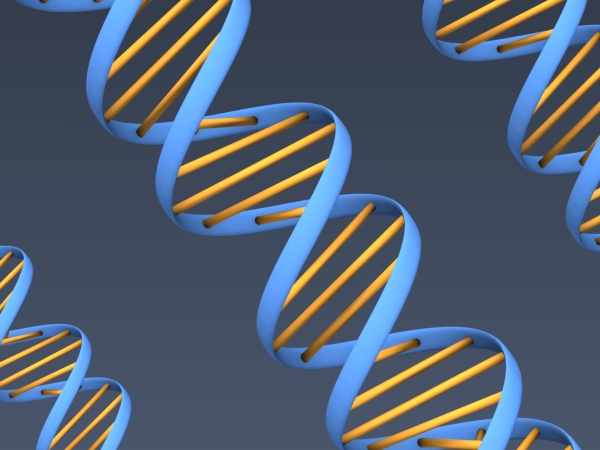A Short History of Science – Part II – Comprehension Questions and Answers
1. Which scientific discipline did not make great progress in the 18th century and why?
It was medicine that made slow progress in the 18th century. Doctors still did not know what caused disease. Some continued to believe in the four humors theory. Other doctors thought disease was caused by 'miasmas' (odorless gases in the air).
2. What was Darwin's great contribution to science?
Charles Darwin believed in the so-called “survival of the fittest”. All animals are competing with each other to survive. If the environment changes in some way, only the animals that can adapt best survive.
3. Which discoveries were made in the worlds of the infinitely small and the world of infinitely large in the 20th century?
During the 20th century scientists came to understand the atom with its atomic nucleus and electrons and new sub-atomic particles like the “quark”. Besides, with the discovery of the DNA, genetic engineering became possible. On the other hand, astronomy made great advances, with astronomers discovering quasars, pulsars and the first extra solar planets.



